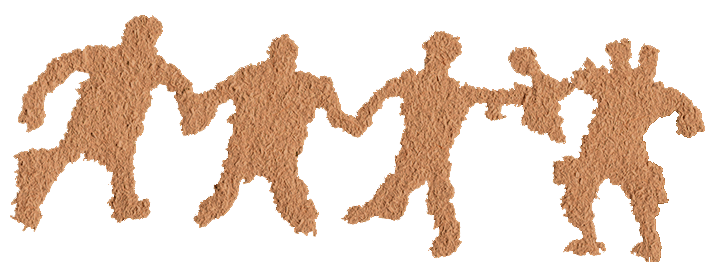| mace-luhkektun |
s/he starts to work it |
| mawoluhke |
s/he works with others |
| mawoluhkiyik |
they work together, they are team or partners |
| mehtoluhke |
s/he gets off work (at end of shift); s/he stops or has stopped working, retires, resigns, etc. |
| menakatoluhke |
s/he works slowly |
| meqoluhke |
s/he works sloppily (e.g., taking shortcuts, leaving mess, leaving task unfinished) |
| messuluhke |
s/he works in the open |
| metsoluhke |
s/he works late |
| muskuwatapekhomon |
s/he gets angry at it when trying to make it work (e.g., motor, clock, etc.) |
| muskuwatoluhke |
s/he suddenly gets angry as result of working |
| naka-luhke |
s/he works slowly |
| natoluhke |
s/he goes (comes) to do work |
| nihkanoluhke |
s/he works ahead (does advance work, is ahead of others when working, etc.) |
| nisoluhkamal |
s/he works with h/ |
| nisoluhke |
s/he works with someone; s/he does two jobs |
| nokosa-luhke |
s/he works fast |
| nokosa-luhkewiw |
(medicine) it works fast, takes effect quickly |
| nuhtoqa-luhke |
s/he has insufficient work, doesn't have enough work; s/he doesn't work long enough (e.g., to qualify for benefits) |
| 't-olhomahsuwewal |
s/he gets h/ a job |
| olluhke |
s/he does thus, s/he works thus |
| 't-oluhkekhal |
s/he makes h/ work, puts h/ to work |
| 't-oluhkekhomon |
s/he makes it work, puts it to work |
| 't-oluhkektun |
s/he works it (e.g., plow), uses it to do something |
| pasitoluhke |
s/he works overtime |
| pasitoluhkewiw |
it works overtime |
